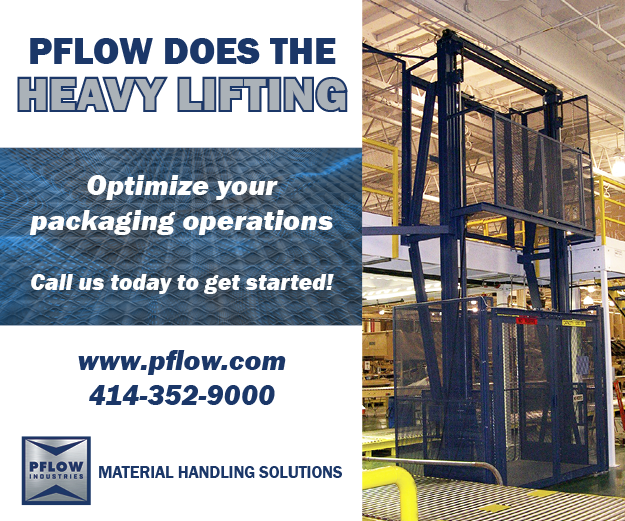Pilot-scale study Finds Alternative Raw Materials for Rigid Plastic Packages
 Enabled by foam forming technology, VTT’s formable cellulose-based webs with 30% extensibility were used to make rigid packages using an industrial product packaging line. This opens up the manufacturing of a wide range of sustainable packaging solutions.
Enabled by foam forming technology, VTT’s formable cellulose-based webs with 30% extensibility were used to make rigid packages using an industrial product packaging line. This opens up the manufacturing of a wide range of sustainable packaging solutions.
In a pilot-scale study to find alternative raw materials for rigid plastic packages, VTT Technical Research Centre of Finland has obtained unprecedented maximum limits of its highly extensible formable cellulose-based webs used for rigid packaging applications. The results enable the manufacturing of a wide range of sustainable 3D packaging solutions that were previously unattainable.
Typical commercial boards have between 3–6% extensibility and best commercial formable boards have 10–18% extensibility. By utilising foam forming technology, VTT has now obtained up to 30% extensibility. This enables brand owners to use rigid, cardboard-like packaging to serve consumers looking to buy more sustainable products. This material improvement enables e.g. food brands producing cold cuts to increase cardboard-like package size from 75 grams up to 200-250 grams. By adjusting the tray forming process and tray dimensions even larger cardboard-like packages can be produced.
“Polypropylene film is one of the world’s most used polymers – its extensibility is up to 300%. Our invention now offers a viable, sustainable alternative on the market,” says Jarmo Kouko, Research Team Leader at VTT.
“There’s been a lot of great academic research around the world on how to eliminate plastics, but the challenge is that those seldom go beyond research. So, we’re extremely excited and proud of the results we’ve produced in our pilot-scale study, which clearly shows the commercial potential of our rigid cellulose-based packaging. In industries that use huge amounts of plastic like the food packaging sector, we can find plenty of opportunities to reduce the use of fossil fuel based materials and replace them with sustainable ones that take us closer to carbon-neutral societies of the future and allow us to be more frugal with natural resources,” he continues.
With the Single-use Plastics Directive and the European Commission’s proposal for Packaging and Packaging Waste Regulation, plastic items like expanded polystyrene (EPS) food containers and cups have been banned in the European Union since 2021, and producers of single-use plastic products are expected to cover the costs of waste management for these products. Solutions like VTT’s foam-formed cellulose-based packaging give suppliers a sustainable and affordable alternative to single-use plastic.
“The fact that VTT, together with gruppo x di x gruppo s.r.l. and Lappeenranta-Lahti University of Technology (LUT), were able to incorporate the product into existing product packaging lines with no changes in the process, making it affordable and easy for brands to adopt the product as a sustainable alternative to plastic packages can be a real game-changer,” says Kristian Salminen, Lead, Bio-based Products at VTT.
The development work has been conducted as a part of a research program, where VTT in co-operation with 54 companies and Regional Council of Central Finland have up-scaled promising alternatives for plastic products.
The VTT team behind the research are to present their findings at The Greener Manufacturing Show 2023 in Cologne, Germany between November 8–9.








